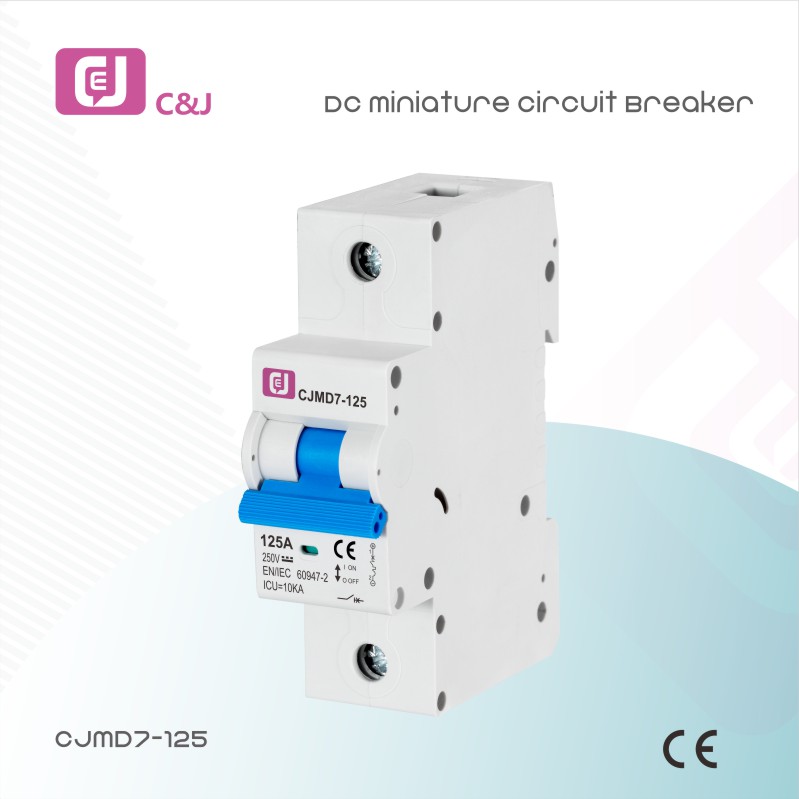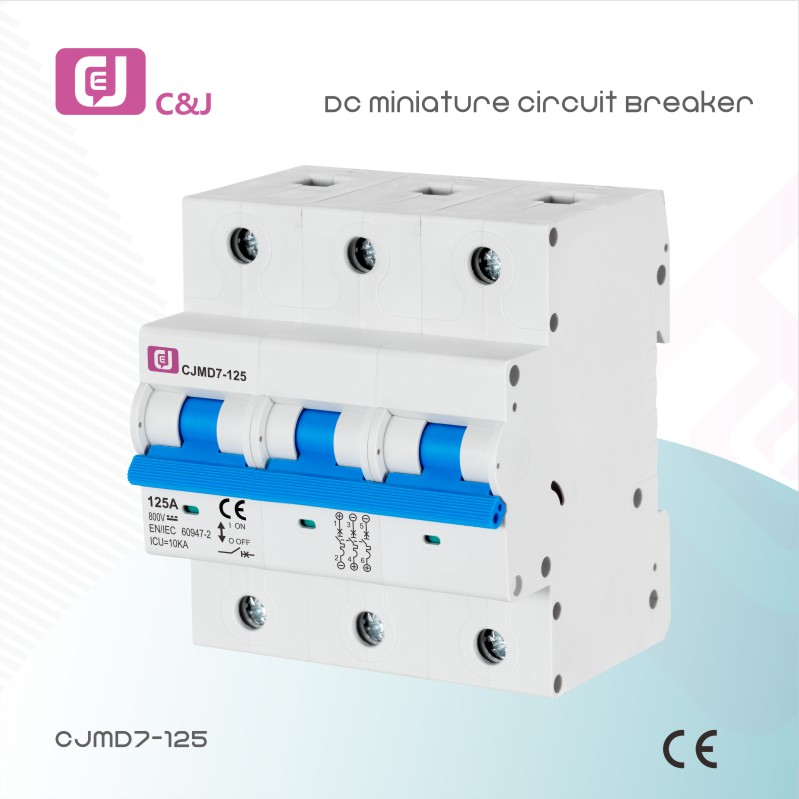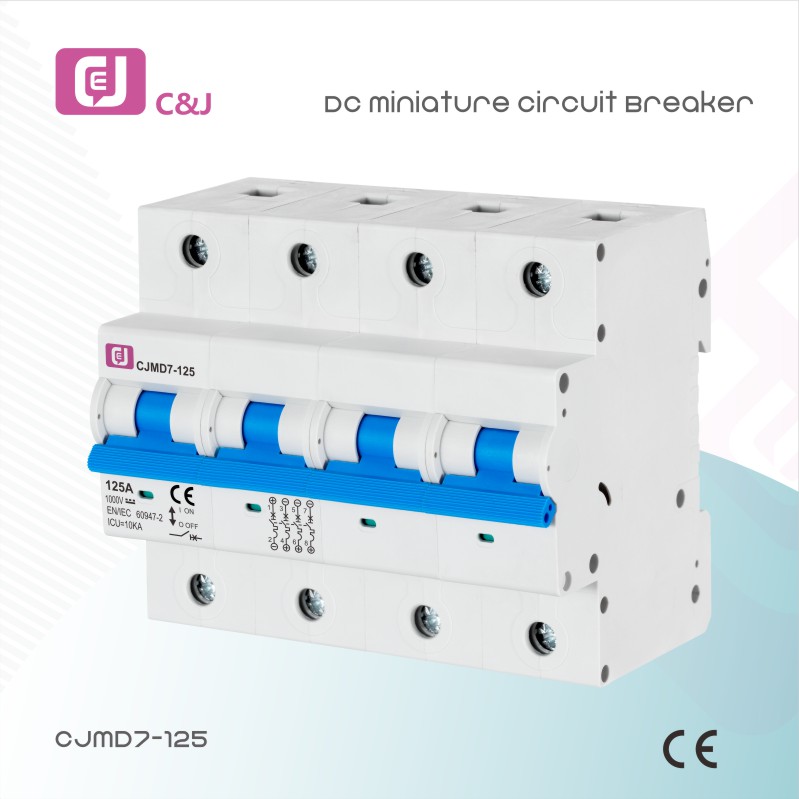Understanding DC MCB: A Comprehensive Guide
In the field of electrical engineering and power distribution, the term “DC Miniature Circuit Breaker” (DC MCB) is gaining increasing attention. As the demand for efficient and reliable electrical systems continues to grow, understanding the role and function of DC MCBs is essential for professionals and enthusiasts in the field alike.
What is a DC MCB?
A DC miniature circuit breaker (MCB) is a protective device that automatically disconnects a circuit when an overload or short circuit is detected. Unlike AC miniature circuit breakers, which are used in AC systems, DC miniature circuit breakers are designed to handle DC applications. This distinction is critical because the behavior of current in a DC system is very different from that in an AC system, especially with regard to arc formation and circuit breaking.
Importance of DC Miniature Circuit Breakers
The importance of DC miniature circuit breakers (MCBs) cannot be overstated, especially in applications involving renewable energy sources such as solar panels and wind turbines. These systems typically generate direct current, so using DC miniature circuit breakers is critical to ensuring safety and reliability. DC miniature circuit breakers provide overcurrent protection, helping to prevent potential hazards such as electrical fires and equipment damage, thereby improving the overall safety of electrical installations.
How does a DC MCB work?
The operation of a DC miniature circuit breaker (MCB) is relatively simple. When the current flowing through the circuit exceeds a predetermined threshold, the internal mechanism of the MCB is triggered. This mechanism usually consists of a bimetallic strip or a solenoid coil that responds to the overload current. Once triggered, the MCB opens the circuit, effectively cutting off the current and protecting the connected equipment.
One of the key features of a DC miniature circuit breaker (MCB) is its ability to interrupt current without creating dangerous arcs. In a DC system, the current never crosses zero, which can result in sustained arcing if not managed properly. DC MCBs are designed with specialized contacts and mechanisms to minimize the risk of arcing and ensure safe disconnection.
Application of DC Miniature Circuit Breakers
DC miniature circuit breakers are used in a wide range of applications, including:
1.Solar Power Generation System: In photovoltaic systems, DC MCBs protect wires and components from overcurrent, ensuring the life and safety of the installation.
2. Electric Vehicles: As the automotive industry shifts toward electric vehicles, DC miniature circuit breakers play a vital role in protecting the vehicle electrical systems from failures.
3. Telecommunication: Many telecommunication systems operate on direct current, so DC miniature circuit breakers are essential to protect sensitive equipment from electrical faults.
4. Industrial Application: In various industrial environments, DC miniature circuit breakers are used to protect DC-operated machinery and equipment.
Choose the right DC MCB
When selecting a DC miniature circuit breaker, several factors must be considered:
- Rated Current: Ensure that the rated current of the MCB matches the requirements of the circuit it is to protect.
- Rated voltage: The rated voltage of the MCB should also be consistent with the system voltage to ensure safe operation.
- Breaking capacity: Refers to the ability of a miniature circuit breaker (MCB) to interrupt fault current. For systems where high fault currents may exist, higher breaking capacity is essential.
- Load Type: Different loads (resistive, inductive, etc.) may require specific types of MCBs, so understanding the load characteristics is critical.
In short
In summary, DC miniature circuit breakers (MCBs) are an integral component of modern electrical systems, especially in applications involving direct current. Their ability to provide reliable overcurrent protection is essential to ensuring the safety and efficiency of electrical equipment. As technology continues to advance, the role of DC miniature circuit breakers is likely to continue to expand, further cementing their importance in the field of electrical engineering. Understanding their functions, applications, and selection criteria is essential for anyone involved in the design and maintenance of electrical systems.
Post time: Jun-13-2025




